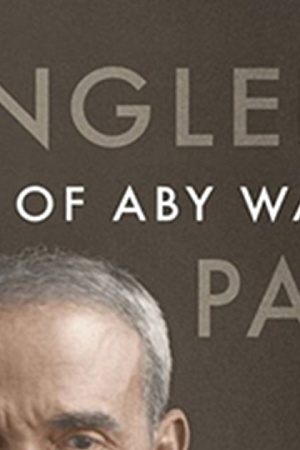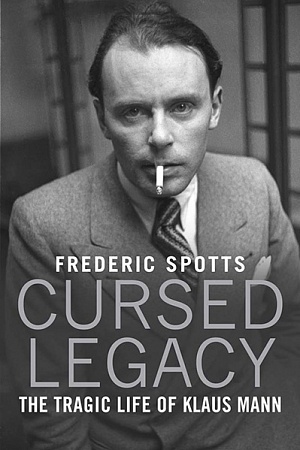Rose Boys
Allen & Unwin, $29.95 hb, 289 pp, 1865086398
Rose Boys by Peter Rose
In February 1974, Robert Rose, a twenty-two-year-old Australian Rules footballer and Victorian state cricketer, was involved in a car accident that left him quadriplegic for the remaining twenty-five years of his life. The tragedy received extensive press coverage and struck a chord with many in and beyond the Melbourne sporting community. Robert was a brilliant all-round athlete with an impeccable sporting pedigree. He was the latest of the famous Rose family of Collingwood. His father, Bob, was one of the greatest-ever players for the club and had gone on to coach it. Four of Bob’s brothers had also played for Collingwood.
At the time of the accident, Robert was playing state cricket and might have gone on to bat for Australia. His best-remembered cricketing feat was to put Dennis Lillee to the sword at the MCG. Robert’s younger brother, Peter, witnessed the assault on the great fast bowler. Sitting in the top tier of the Northern Stand reading Norman Mailer’s autobiography, Peter’s attention is drawn to the ‘microscopic drama’ unfolding below. Proud as always of his brother’s sporting prowess, he forgets about Mailer and becomes part of the rapturous crowd.
Rose Boys is Peter’s account of his brother’s life and death. The book is about their relationship as brothers, about what life is like for the families and friends of catastrophic spinal injury victims; it’s also, and appropriately, about Peter himself: about the adolescent who had to look up from Mailer to see his brother hooking Lillee; the ‘Rose boy’ who, far from playing for Collingwood, was to become an accomplished poet, a gay man, and now a fine practitioner of a form of life-writing that combines biography, autobiography, pathography, eulogy, ethical reflection, and an enquiry into Australian myths, ideologies, styles of masculinity, and cultural locales.
Continue reading for only $10 per month. Subscribe and gain full access to Australian Book Review. Already a subscriber? Sign in. If you need assistance, feel free to contact us.














Leave a comment
If you are an ABR subscriber, you will need to sign in to post a comment.
If you have forgotten your sign in details, or if you receive an error message when trying to submit your comment, please email your comment (and the name of the article to which it relates) to ABR Comments. We will review your comment and, subject to approval, we will post it under your name.
Please note that all comments must be approved by ABR and comply with our Terms & Conditions.